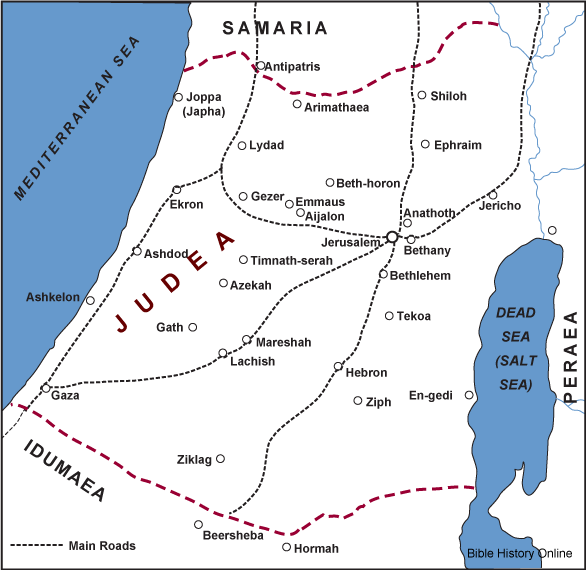14. Glory, &c.--brief but transporting hymn--not only in articulate human speech, for our benefit, but in tunable measure, in the form of a Hebrew parallelism of two complete clauses, and a third one only amplifying the second, and so without a connecting "and." The "glory to God," which the new-born "Saviour" was to bring, is the first note of this sublime hymn: to this answers, in the second clause, the "peace on earth," of which He was to be "the Prince" (Isa 9:6) --probably sung responsively by the celestial choir; while quickly follows the glad echo of this note, probably by a third detachment of the angelic choristers--"good will to men." "They say not, glory to God in heaven, where angels are, but, using a rare expression, "in the highest [heavens]," whither angels aspire not," (Heb 1:3, 4) [BENGEL]. "Peace" with God is the grand necessity of a fallen world. To bring in this, and all other peace in its train, was the prime errand of the Saviour to this earth, and, along with it, Heaven's whole "good will to men"--the divine complacency on a new footing--descends to rest upon men, as upon the Son Himself, in whom God is "well-pleased." (Mt 3:17, the same word as here.)
JFB.
Outline
The birth of Christ. (1-7)
It is made known to the shepherds. (8-20)
Christ presented in the temple. (21-24)
Simeon prophesies concerning Jesus. (25-35)
Anna prophesies concerning him. (36-40)
Christ with the learned men in the temple. (41-52)

Painted sketch of Bethlehem in the 19th Century
Important Topics for Bible Study
Quick Reference Map

Map of Bethlehem in Judea
(Click to Enlarge)
Ancient Customs
Ancient People
Simeon, Jesus, Anna
Geography
Bethlehem
Judaea
Quick Reference Maps
The New Testament